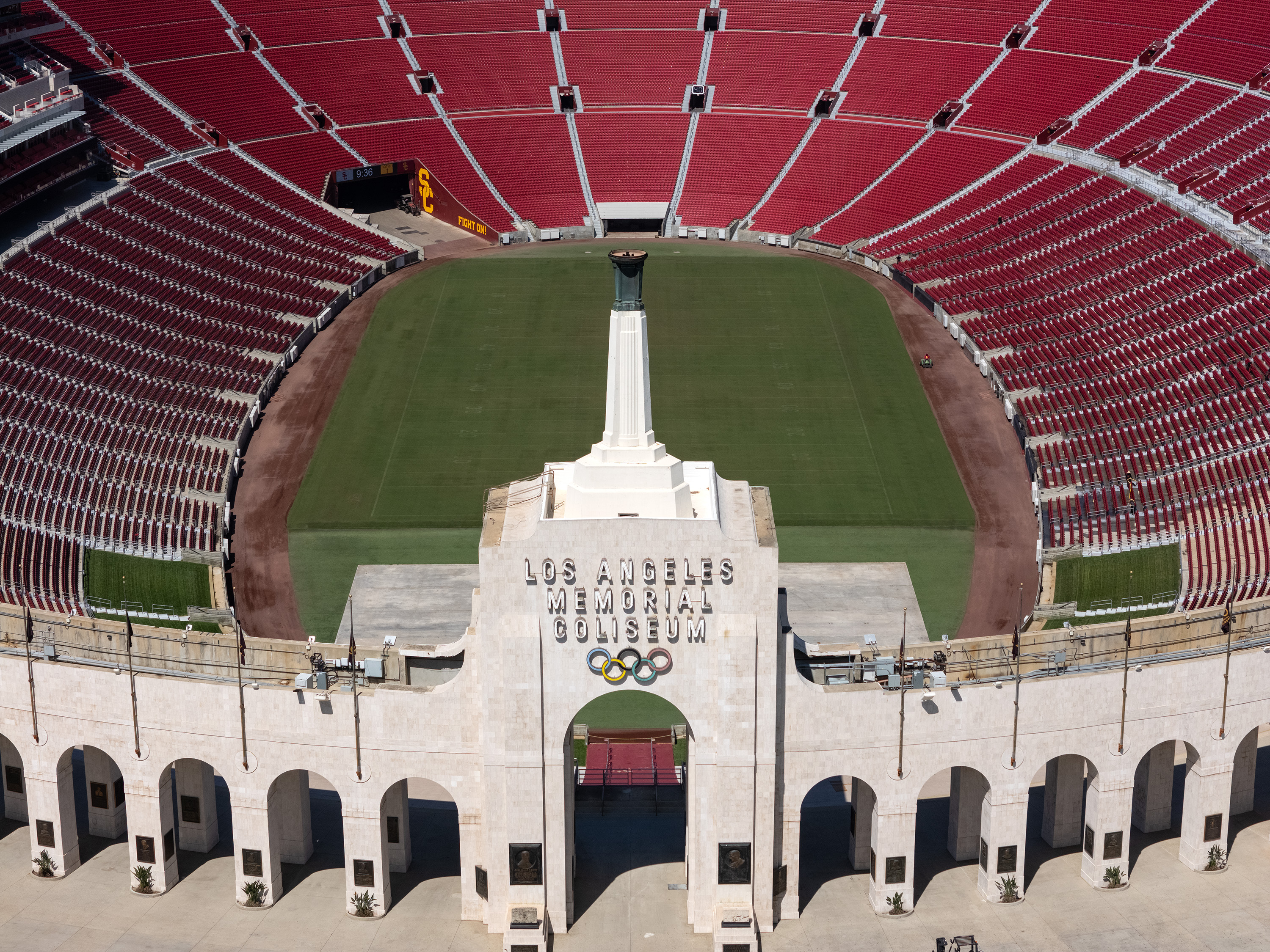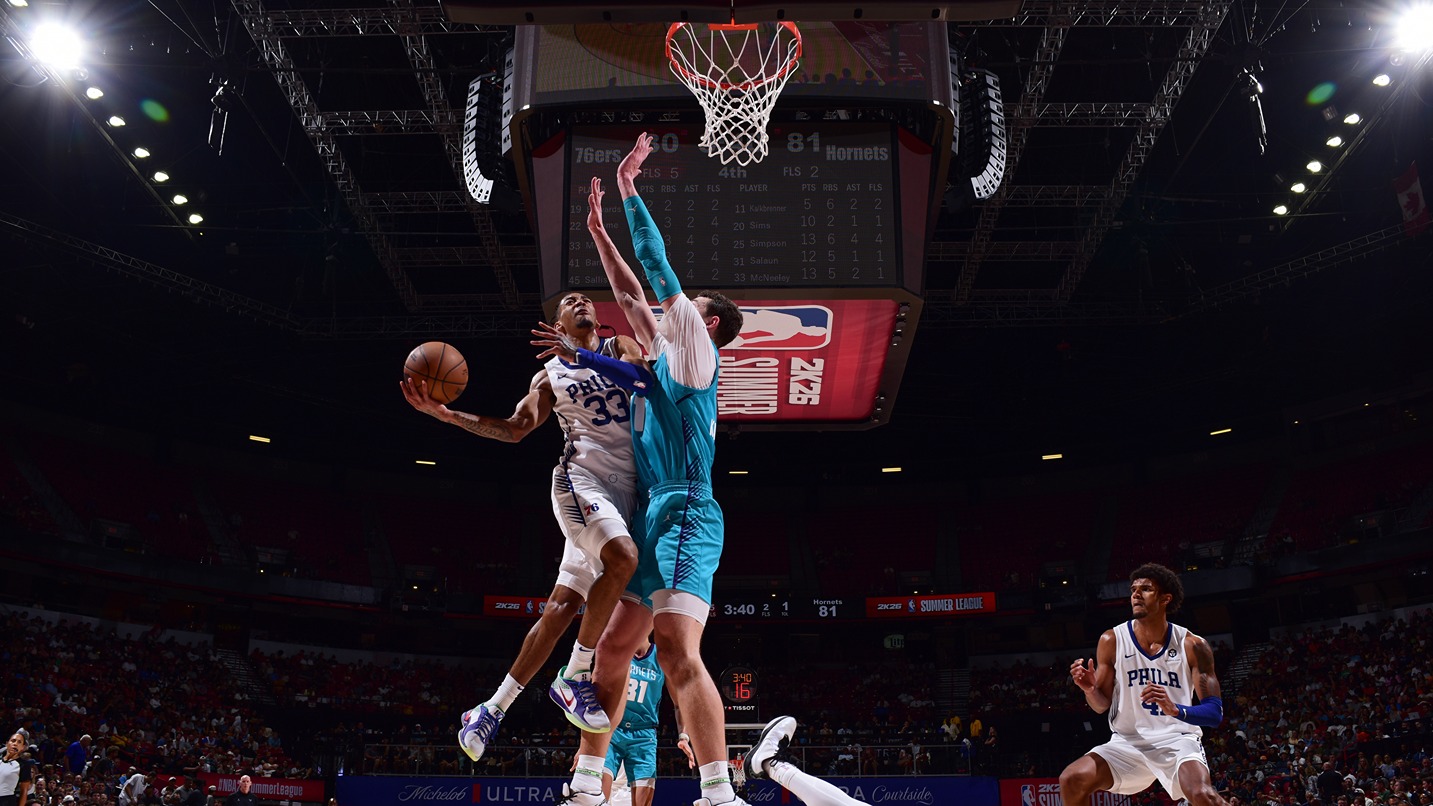
The Philadelphia Fusion has been able to stand out amongst the other 19 teams in the Overwatch League through careful branding efforts. One man leading that effort is Evan Frasca, Marketing Specialist with the Philadelphia Fusion. His job revolves around creating consumer-facing experiences in digital marketing and media. In layman's terms, anything from events, to merchandise, to social media.
At the 2019 Inven Global Esports Conference, I had the chance to sit down with Evan to further discuss what teams and individuals need to do in order to stand out, the pace of which gaming evolves, and his thoughts on what the World Health Organization gaming disorder classification means.
Evan Frasca, Marketing Specialist of the Philadelphia Fusion. Photo credit: PHL FusionThe following interview has been edited and condensed for clarity and length.
Jeff Yabumoto: Part of the evolution of gaming is the branding on the team and personal side. How do you differentiate yourself on the team side when you have 19 other teams in the exact same space trying to do the same thing?
Evan Frasca: Honestly, whenever I get a question like this about how we differentiate, it really goes back to your fan base. One of the best things teams have to their advantage is their given fan base. That’s both growable and already existing.
News
You have to account for how to grow that fan base and how to cater to that fan base, but at the end of the day, understanding your fan base is what allows you to differentiate. You’re creating a situation where you create a space that your fans can gravitate towards things they like and reject things they don’t like.
Gritty, the official mascot for the NHL Philadelphia Flyers, made a special appearance at the Overwatch League. Photo credit: Robert Paul for Blizzard Entertainment
For us, we try to focus on harnessing the nature of a Philly native: rowdy, loud, colorful, and proud. Really just gritty, and that’s not a pun. They’re all embedded in the Philly scene and fan base. It’s something we’ve had a lot of fun experimenting with and creating new experiences for them to enjoy.
JY: How do you do that when you’re not in the actual city?
EF: For us, it revolves around having a voice and a tone. Lindsey, our social media manager, has created one of the most reputable voices in social media in terms of the Overwatch League solely through identifying the things I’m talking about.
It’s hard because, while we’re looking forward to taking advantage of our local space and market when we geolocate, it’s been a really fun challenge. Just staying true to the Philly brand and harnessing as much of the hometown feel as we can and giving that to the fans in LA.
JY: As far as engaging with fans and distinguishing yourselves, will it become more important for organizations to pick up personalities instead of the most skilled player?
EF: I definitely think there are huge advantages to having both top-level pros known for solely for their gameplay while there are a lot of benefits to having a top-level influencer with a huge following.
It is absolutely a solid approach, in terms of balance, but as an org, specifically a team in esports and gaming, you need to evaluate what your frameworks are that you’re trying to push forward and grow.
If you’re not trying to be a team that revolves around pushing out content, pushing out more lifestyle content, and you want to be the team that focuses on the top team, signing a prospective influencer doesn’t appeal as much.
Photo credit: Robert Paul for Blizzard Entertainment
Now if you’re a team like 100 Thieves, that’s a completely different story. When you have someone with a massive audience able to promote all these different revenue streams that you’re proud of that might not be directly aligned with gaming, that’s an argument for a more influencer related approach.
We want to continue to pride ourselves on Overwatch and the influencer space is really weird. We’re proud to have Kabaji and Emongg, who are two of the most viewed streamers in the Overwatch vertical. That’s something that we really wanted to accomplish when the game was getting popular and the league was first developing.
We asked ourselves what goes on outside the Overwatch League? How do you continue growing your presence and establish a foothold? They are fantastic at that and harnessed the elements of a pro player and an influencer. They continue to evolve their game.
Identifying opportunities like that is what allows teams to differentiate the best.
JY: What about for solo players and streamers who are up against a much larger scale of competition?
EF: It’s great that you ask this. One of the things we pride ourselves on at the Philadelphia Fusion is creating futures for our players and for our staff. We want to give them a future in esports and competitive gaming.
It’s hard to differentiate yourself when everyone is playing a lot of the same high viewership games. Everyone brands themselves in similar ways.
For us, it’s about making sure we stay communicative with our players and learning what they want to push about themselves outside of Overwatch. A lot of the times those goals intersect with the goals of the Fusion.
Elk loves doing analytic content, that’s no secret. Why would we not enable him? Stuff like that is what we tend to pride ourselves on and help our players with.
If you enjoyed this interview, keep an eye out for Part 2. where we discuss the evolution of esports and the potential future of this emerging industry.





